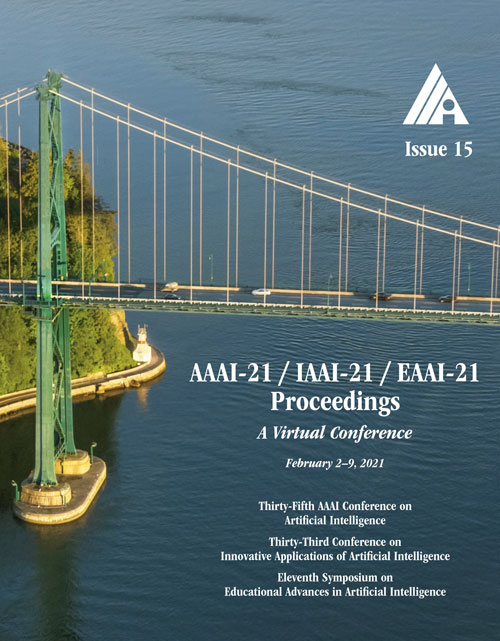How to Train Your Agent to Read and Write
DOI:
https://doi.org/10.1609/aaai.v35i15.17581Keywords:
GenerationAbstract
Reading and writing research papers is one of the most privileged abilities that a qualified researcher should master. However, it is difficult for new researchers (e.g., students) to fully grasp this ability. It would be fascinating if we could train an intelligent agent to help people read and summarize papers, and perhaps even discover and exploit the potential knowledge clues to write novel papers. Although there have been existing works focusing on summarizing (i.e., reading) the knowledge in a given text or generating (i.e., writing) a text based on the given knowledge, the ability of simultaneously reading and writing is still under development. Typically, this requires an agent to fully understand the knowledge from the given text materials and generate correct and fluent novel paragraphs, which is very challenging in practice. In this paper, we propose a Deep ReAder-Writer (DRAW) network, which consists of a Reader that can extract knowledge graphs (KGs) from input paragraphs and discover potential knowledge, a graph-to-text Writer that generates a novel paragraph, and a Reviewer that reviews the generated paragraph from three different aspects. Extensive experiments show that our DRAW network outperforms considered baselines and several state-of-the-art methods on AGENDA and M-AGENDA datasets. Our code and supplementary are released at https://github.com/menggehe/DRAW.Downloads
Published
2021-05-18
How to Cite
Liu, L., He, M., Xu, G., Tan, M., & Wu, Q. (2021). How to Train Your Agent to Read and Write. Proceedings of the AAAI Conference on Artificial Intelligence, 35(15), 13397-13405. https://doi.org/10.1609/aaai.v35i15.17581
Issue
Section
AAAI Technical Track on Speech and Natural Language Processing II

